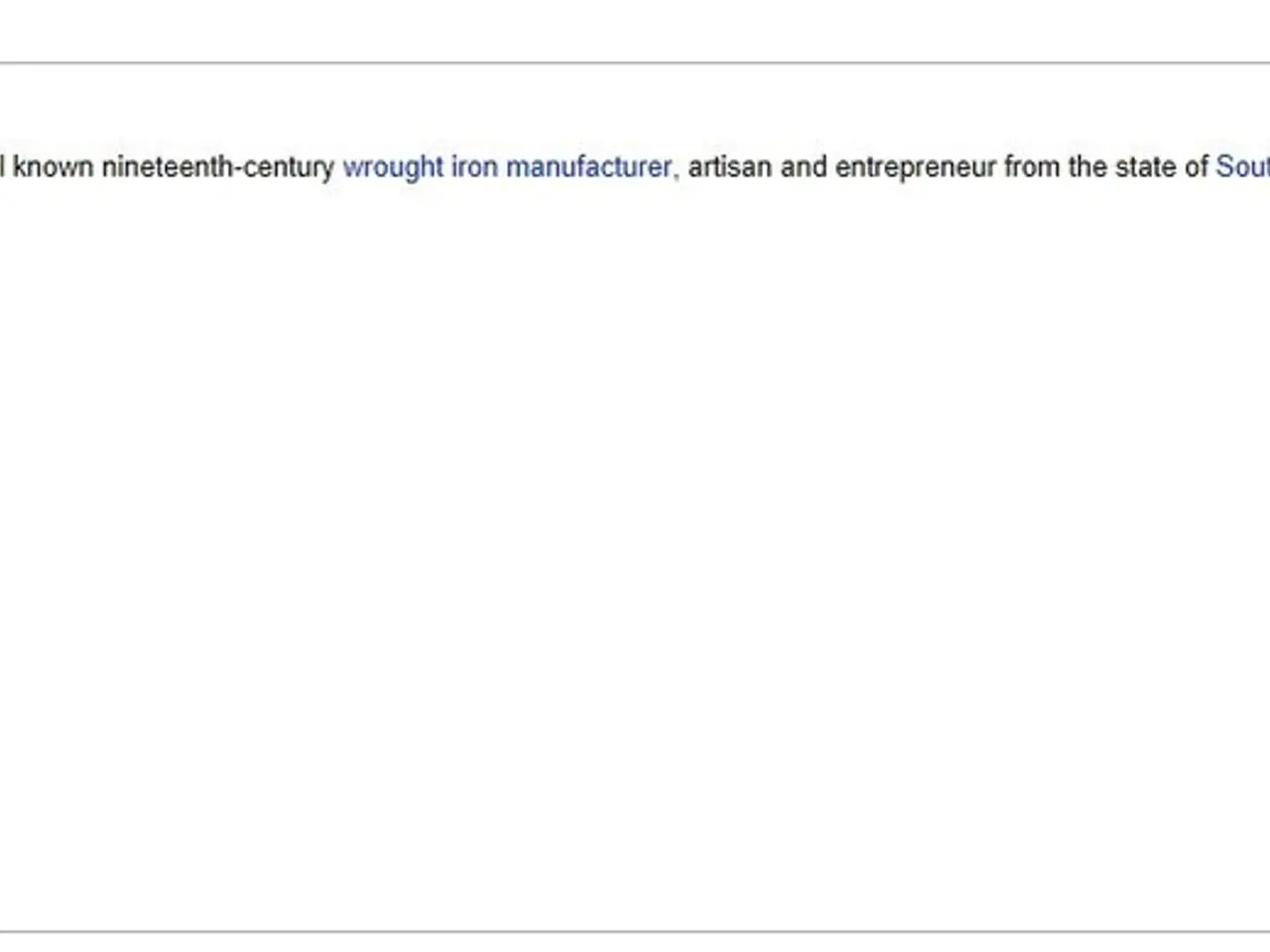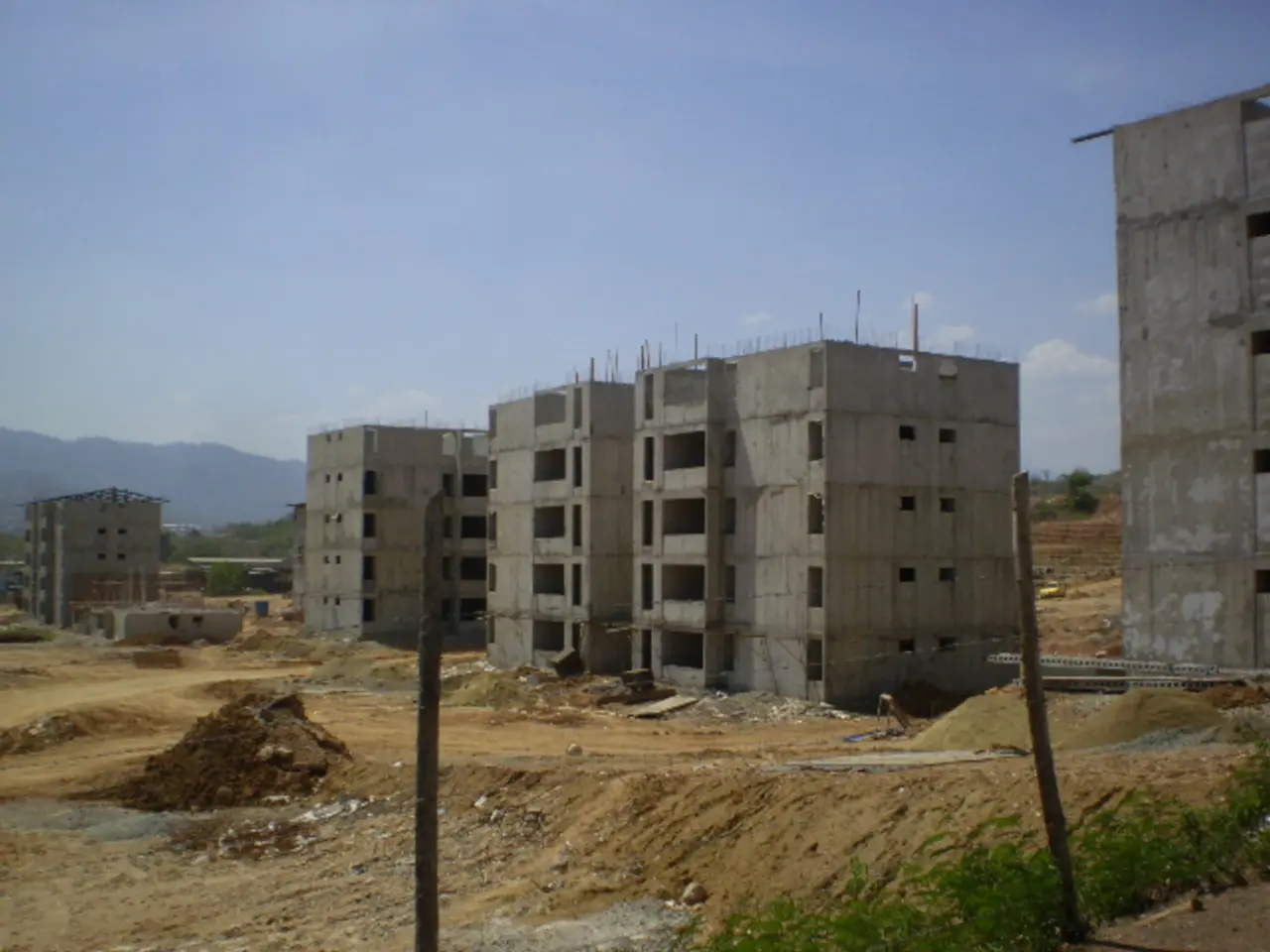Dalai Lama delivers video message on the eve of his 90th birthday celebration
On the horizon of July 2025, the spiritual leader of the Tibetans, His Holiness the 14th Dalai Lama, Tenzin Gyatso, will celebrate his 90th birthday. As his milestone birthday approaches, the question of his succession has come to the forefront, marking a critical juncture in the 600-year-old institution.
Traditionally, a new Dalai Lama is identified through reincarnation, a process involving senior monks, oracles, and signs. However, political conflicts have disrupted this method, leading the Dalai Lama to suggest a break from tradition by potentially naming his successor while still alive. This unprecedented move would challenge Beijing's control over the process.
The Tibetan government-in-exile leans towards a successor being chosen through reincarnation after the Dalai Lama’s death, but acknowledges the current leader's statements about possibly naming a successor during his lifetime. The Dalai Lama has emphasized that his successor will be born outside of Tibet and not under Chinese control, a deliberate rejection of Chinese Communist Party (CCP) interference. He has even indicated that his successor could be a woman.
China, on the other hand, claims exclusive authority over the recognition of the next Dalai Lama, asserting its control over Tibet and the reincarnation process. This claim is part of Beijing’s broader policy to consolidate political and cultural control over Tibet. The CCP's interference is seen by Tibetans and the international Tibetan community as an illegitimate attempt to install a politically compliant Dalai Lama, undermining traditional religious practices and Tibetan autonomy.
A precedent of CCP involvement is seen in the controversy surrounding the 11th Panchen Lama, where China appointed its own candidate contrary to the Dalai Lama's choice, intensifying fears about the succession of the Dalai Lama.
The Dalai Lama's plan to name a successor during his lifetime and ensure the successor is born outside Chinese jurisdiction challenges Beijing's control. It reflects his desire to protect the spiritual legitimacy and independence of Tibetan Buddhism from Chinese political influence.
This succession battle is not merely a religious matter but a geopolitical conflict with global attention, involving international actors such as the U.S. and European Union showing support for Tibetan religious freedom and the Dalai Lama's rights. How this dispute evolves will shape Tibet’s future, including its cultural identity, religious freedom, and political status amid Chinese dominance.
The video message from the Dalai Lama, scheduled for his 90th birthday, may potentially impact the future of the Tibetan community and its relationship with China. Many Tibetan exiles fear that China could appoint a successor to the Dalai Lama in order to strengthen its control over Tibet.
Respected worldwide as a peaceful advocate for the freedom of Tibet, the Dalai Lama identifies himself as "a simple Buddhist monk." He was awarded the Nobel Peace Prize in 1989 for his non-violent struggle for the liberation of Tibet.
As the world waits for the Dalai Lama's video message, the geopolitical battle for Tibet's future continues to unfold, with profound spiritual and geopolitical implications at stake.
- The Dalai Lama's potential decision to name a successor during his lifetime, while advocating for the successor to be born outside Chinese control, could potentially escalate the geopolitical conflict surrounding Tibet's future, challenging Beijing's claim over the recognition of the next Dalai Lama and the reincarnation process.
- As the world anticipates the Dalai Lama's video message on the horizon of his 90th birthday, the ongoing debate about the succession of the 14th Dalai Lama, including the role of policy-and-legislation and politics in this general-news issue, highlights the importance of international support for Tibetan religious freedom and the Dalai Lama's rights in preserving Tibet's cultural identity, religious freedom, and political status amid Chinese dominance.





